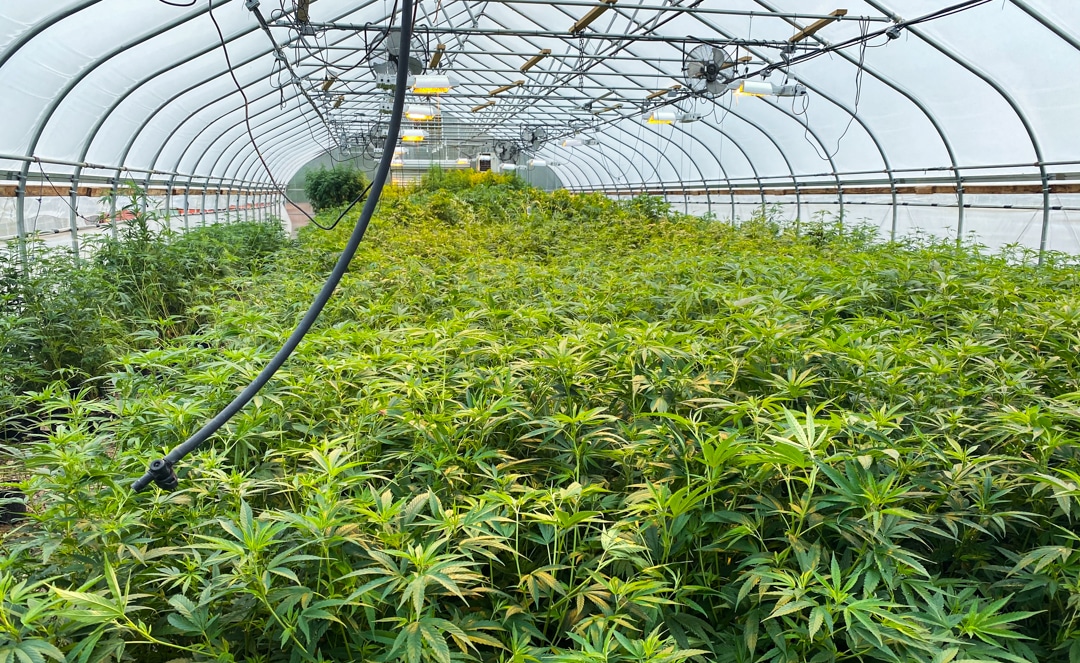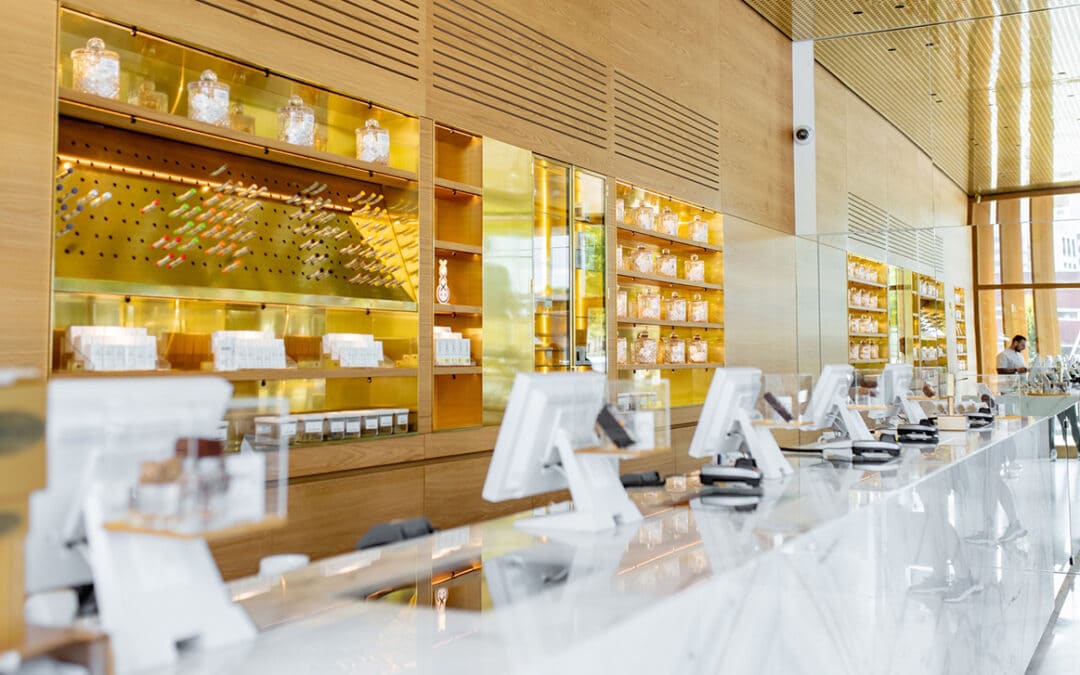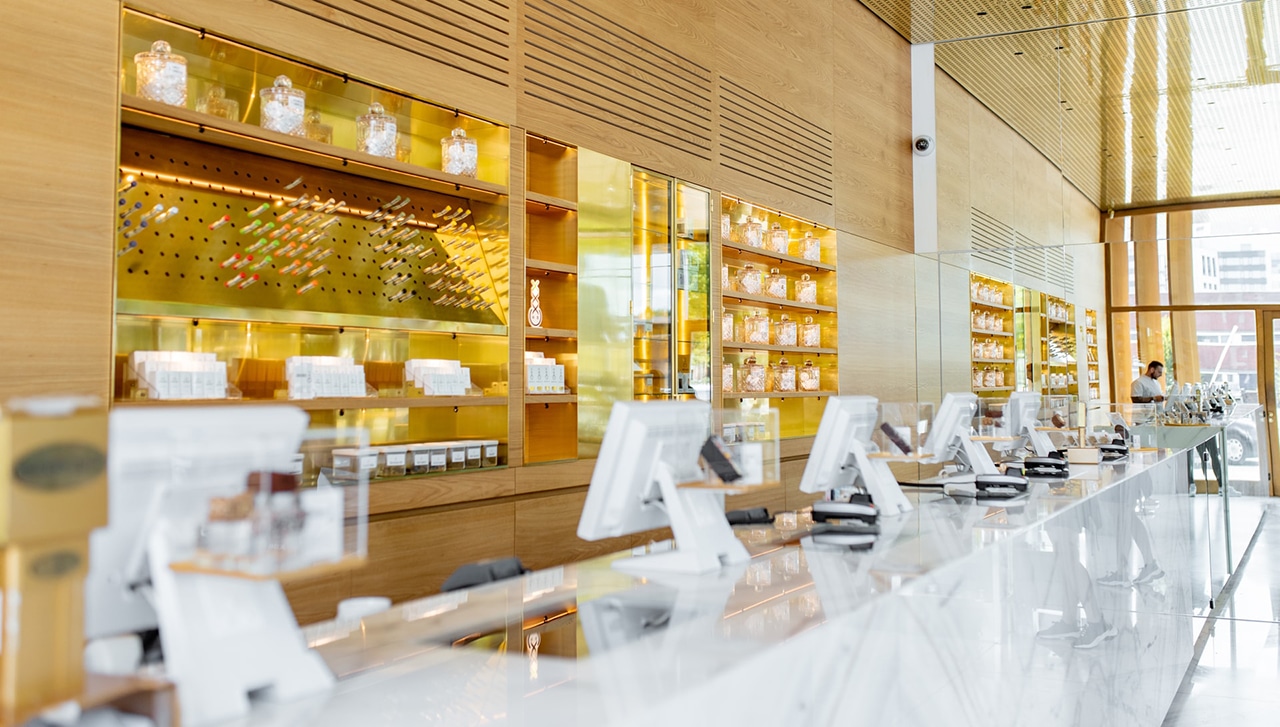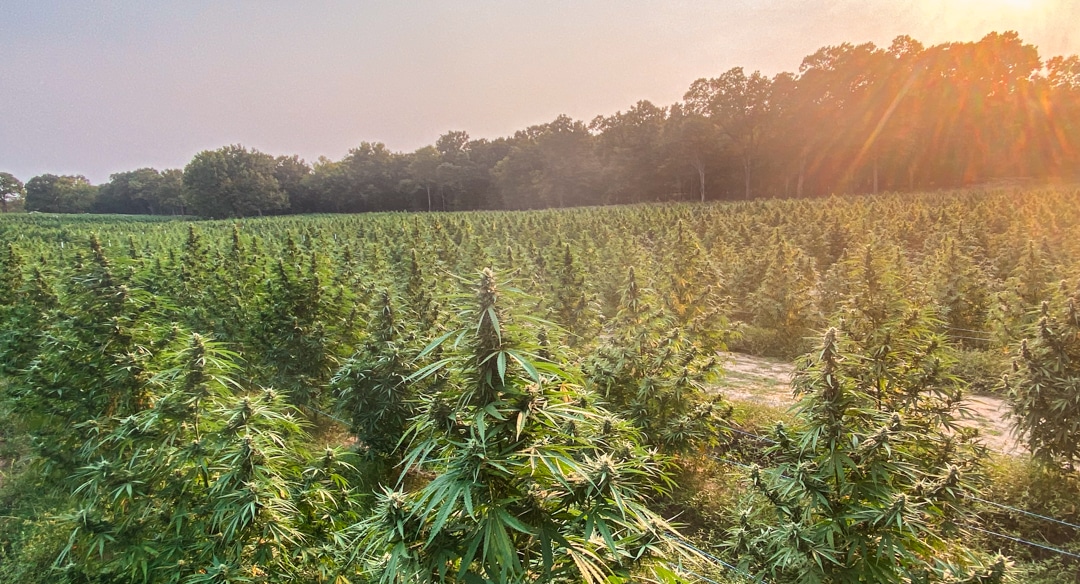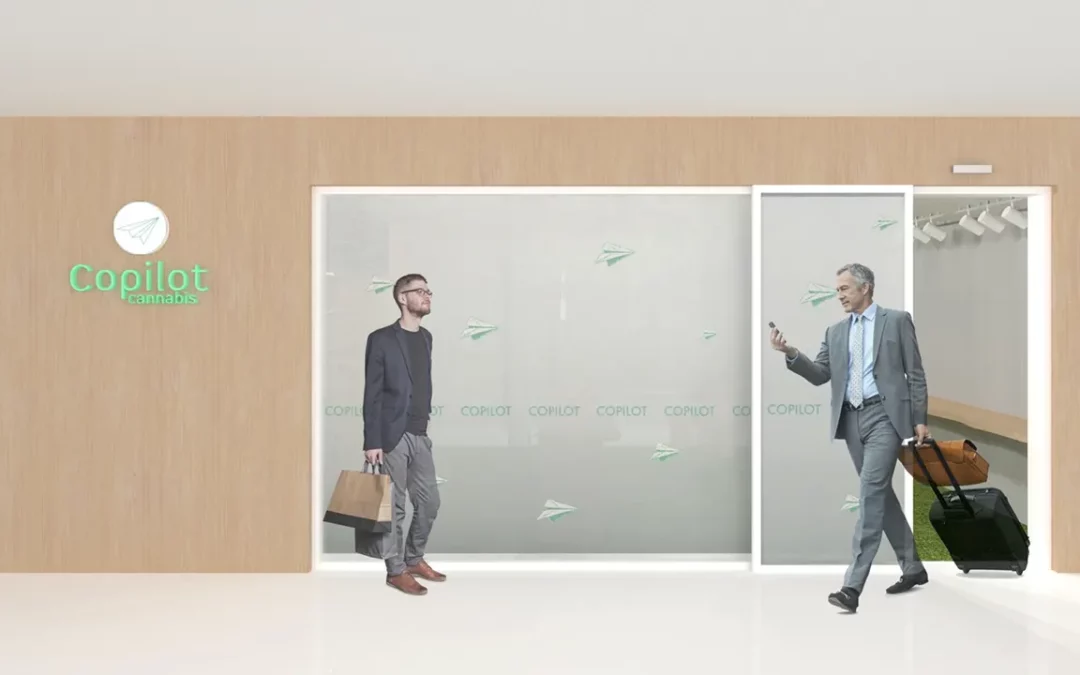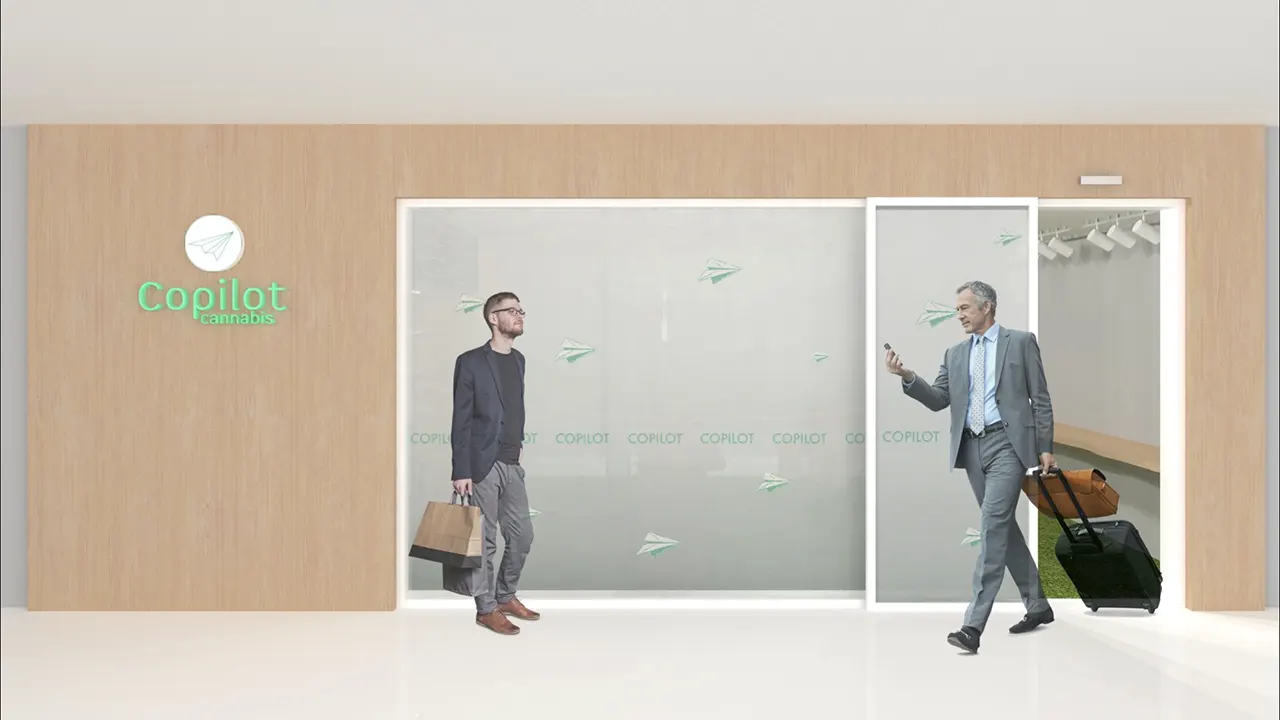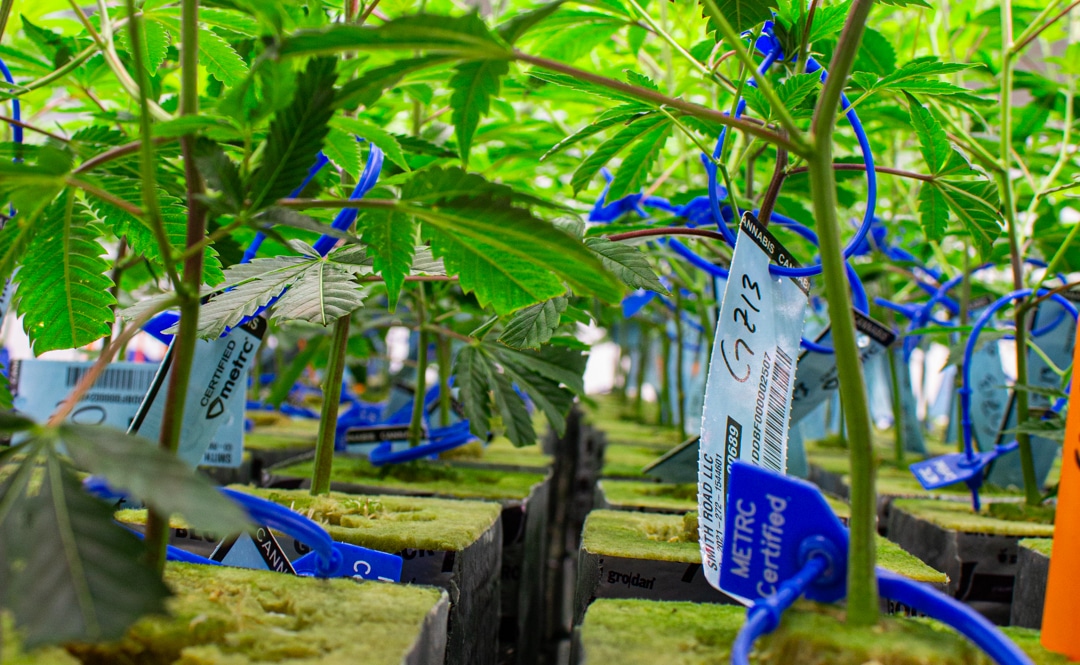
Oklahoma seed-to-sales tracking moves forward in Oklahoma

Oklahoma’s medical marijuana seed-to-sale system can move forward following a partial resolution.
An agreement between the medical marijuana commercial licensees who filed the lawsuit and co-defendants Oklahoma Medical Marijuana Authority and Metrc enabled the seed-to-sale system to proceed.
An Agreed Order was filed Friday, lifting the restraining order that prevented OMMA from implementing the seed-to-sale tracking and tagging system for the medical marijuana industry. Metrc is OMMA’s contractor for the program.
“Lifting this injunction clears the single biggest roadblock to OMMA enforcing the law,” said OMMA Executive Director Adria Berry. “This is a crucial step toward cracking down on licensees operating illegally or skirting the system within Oklahoma’s medical marijuana industry. Come May 27th, we will focus the bulk of our enforcement authority on businesses that are not Metrc-compliant.”
Viridian Legal Services obtained the restraining order last April as a continuation in the class action lawsuit filed on behalf of over 10,000 state licensed cannabis businesses across Oklahoma.
Ronald Durbin, the attorney who represented the thousands of cannabis businesses, previously told KFOR that implementing Metrc would create a monopoly and that the company would earn over $12 million in just the first year.
Now that the seed-to-sale system can move forward, medical marijuana commercial licensees throughout the state have until Thursday, May 26 (90 days) to comply with the Metrc seed-to-sale tracking system.

